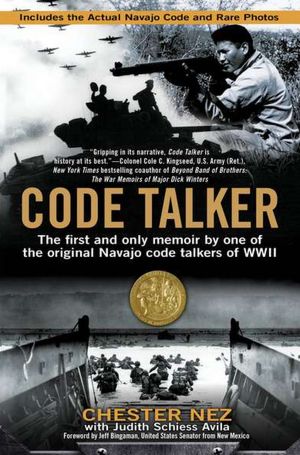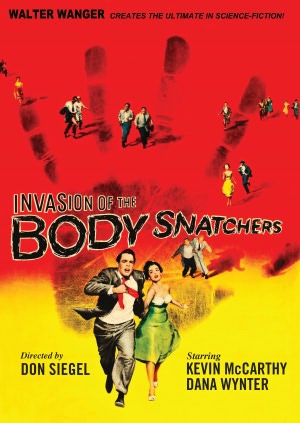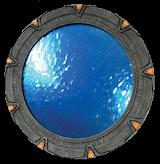Blogs aren't a bad medium for disseminating bits of useful information. That is how I plan to use this one - tossing out hints, tips and bits of advice for succeeding in physics. As the year gets started, the best advice I can give is to get ready as soon as possible. This means organizing your notebook, getting a calculator and mentally preparing yourself for the mathematically-laden year to come.
Do not disregard your class notebook. With both the midterm and final exams being cumulative (meaning going back to Day 1), you will need to organize and keep at hand your class and lab materials. Also, physics builds on itself - you'll likely find yourself wanting to refer back to older class notes or problems to help with the current unit. Physical Science - make sure that you write down the daily objectives each time you are in class and get the ones that you miss due to absence. They are worth points and a number of people last year shot themselves in the foot by not doing this simple task.
Calculators - get one fast and have it with you at all times!!!!! You don't need an expensive one. The Texas Instrument and Casio models that you can get for $10 at WalMart will do fine. Even for Honors Physics! A TI-83, 84 or 89 is not essential for success in these classes, but check with your math teacher as to what you might want for your math courses. You will need a calculator nearly every class period and will need one at home for homework. Feel free to program in any formulas that you wish, as it will not help you in the least. I give you the formulas for tests - a calculator, however, will not assist you in molding a formula (or series of formulas) to meet the specifics of a problem. Physical Science - the MCAS provides a formula sheet and you will get a copy of this in class. Physics and Honors Physics - the SAT II in physics DOES require that you memorize formulas. If you are planning to go this route at the end of the year, start your preparations early.
Mental Preparation - Physics is a tough subject because you have to be able to think quantitatively. Memorization is not much of a help, as it is with biology. You can memorize the book and still do poorly in the course. Physics is more about problem solving - using concepts, ideas, theories, formulas and instinct to address real-life issues. Be prepared to DO your homework and ask questions when you get things wrong. If you approach every problem by asking "What formula do I use," you are not thinking correctly. Often, a single formula is not going provide you with a direct path to the answer. We will work on problem-solving skills, but this is the time where you move away from "doing" math to "using" math and that may require some adjustment. Physics is a course where you have to combine your abstract reasoning and concrete production skills into one set; you have to keep a lot at the forefront of your mind. Realize this early and you will have an easier time.
Notes on lab - physics labs tend to have a lot of fun things to play with close at hand. It is VERY easy to get distracted and lose lab time while playing with toys. Also, it is easy to break or damage materials by playing with them. With our budget, if something is broken, we may not be able to replace it until next year. Legitimate accidents will happen, but minimize the amount of breakage by taking care of lab materials. Also, you will often be using laptops and the Vernier probeware for experiments. The computers are not toys - don't fiddle with the backgrounds, draw pretty pictures in Paint or play Solitaire. Also, they are NOT hooked to the Internet, so don't try to access Facebook. These machines are old, rickety and scavenged from the dark regions of the building. They will need to be treated with care. If one gets damaged it WILL NOT be replaced. That means fewer and larger lab groups. Last year, someone thought it would be funny to unplug one while a group was working with it. Try not to emulate that piece of brilliance.
Finally, hold on to your login information as you will want to access your online textbooks. The online book is an exact duplicate of your hard copy, so you can leave your textbook in your locker and use that version at home. DO NOT leave your book in the classroom - it might be tempting to leave your book in class each day (and folks did last year), but I am not going to be responsible for them. Books left behind on a regular basis will be picked up and put away in the stockroom. You'll have to come to me to get them and it will cost you a earful about taking responsibility and following the class expectations. Now, Physics students do not need to pay heed to this dire warning. You guys will be using your print books in class, only. At home, you will have the online version or a hard-drive version off which to work. You MUST leave your book in class every day and it should be placed in the correct area after each class period.
That's enough for now. I'm missing the Sox game.
8/23/08
Subscribe to:
Posts (Atom)






